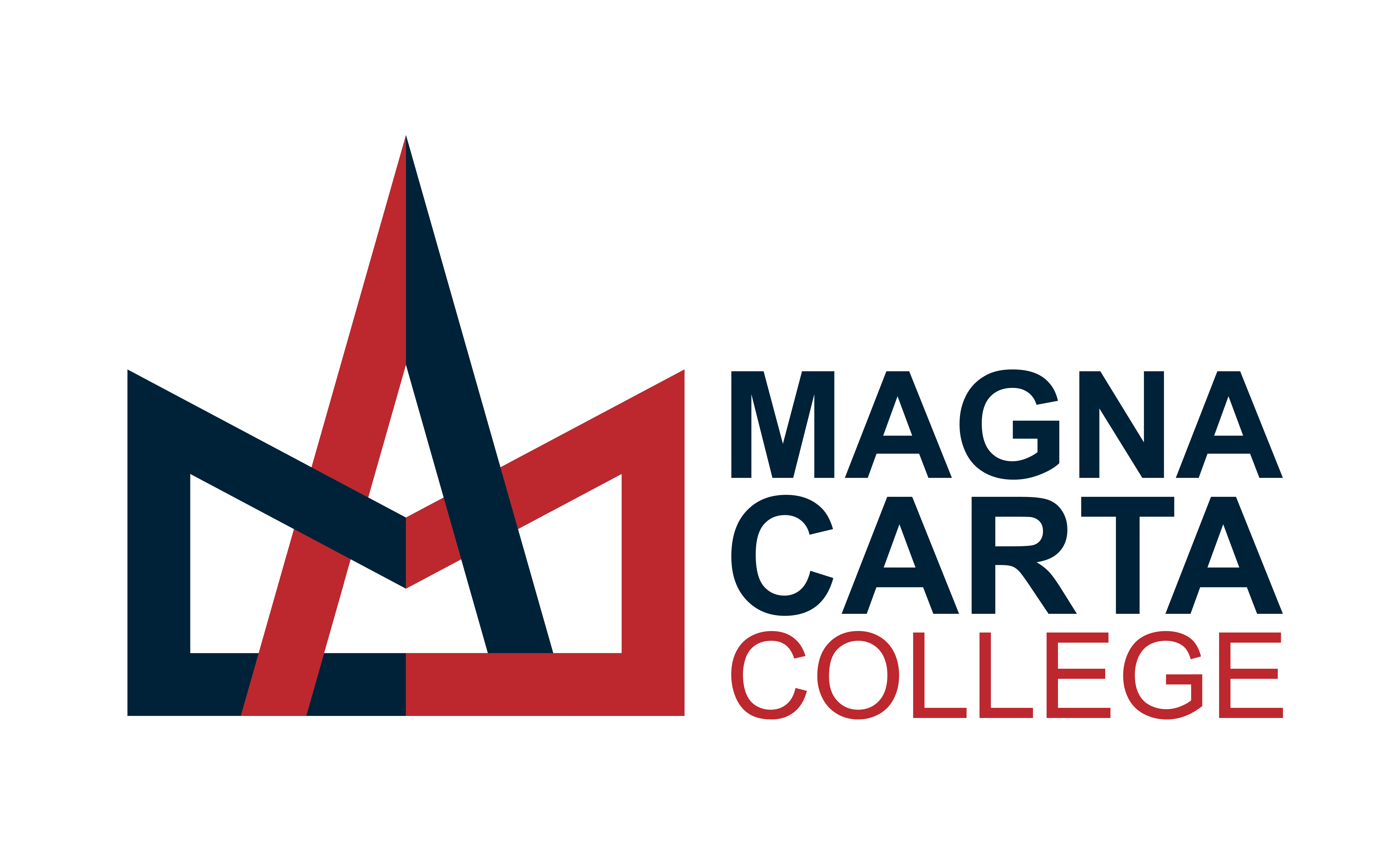Revolutionizing Education: The Impact of Artificial Intelligence on Learning Outcomes
As Deputy Programme Lead at Magna Carta College, I am excited to explore the transformative potential of Artificial Intelligence (AI) in education. In this blog post, we will delve into the current applications of AI in learning, its benefits and challenges, and future directions for harnessing AI to enhance learning outcomes.
AI is already being used in various ways to enhance education. Some examples include:
– Personalized learning experiences through adaptive learning systems
– Intelligent tutoring systems for one-on-one support
– Automated grading and feedback systems
– Natural Language Processing (NLP) for language learning
The benefits of AI in education are numerous. Some of the most significant advantages include:
– Enhanced student engagement and motivation
– Improved learning outcomes and academic achievement
– Increased efficiency and automation for educators
– Accessibility and inclusivity for diverse learners
While AI has the potential to revolutionize education, there are also challenges and limitations to consider. Some of the most significant include:
– Ethical concerns surrounding data privacy and security
– Potential biases in AI algorithms and decision-making
– Teacher training and capacity-building for effective AI integration
– Ensuring equity and access for all students
As AI continues to evolve, there are several future directions to consider. Some of the most exciting possibilities include:
– Developing AI-powered learning analytics for data-driven insights
– Integrating AI with virtual and augmented reality for immersive learning
– Fostering human-AI collaboration to enhance creativity and critical thinking
– Ensuring responsible AI development and deployment in education
AI has the potential to revolutionize education by enhancing learning outcomes, improving efficiency, and increasing accessibility. However, it is crucial to address the challenges and limitations associated with AI adoption in education. By harnessing the power of AI responsibly and collaboratively, we can create a more inclusive, effective, and student-centered education system for the future.






